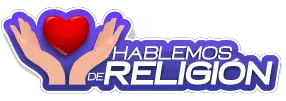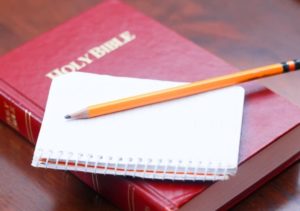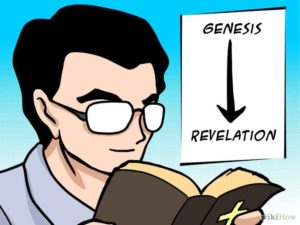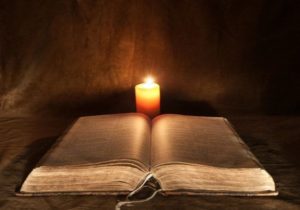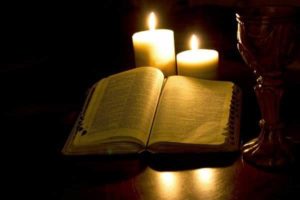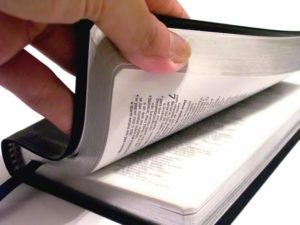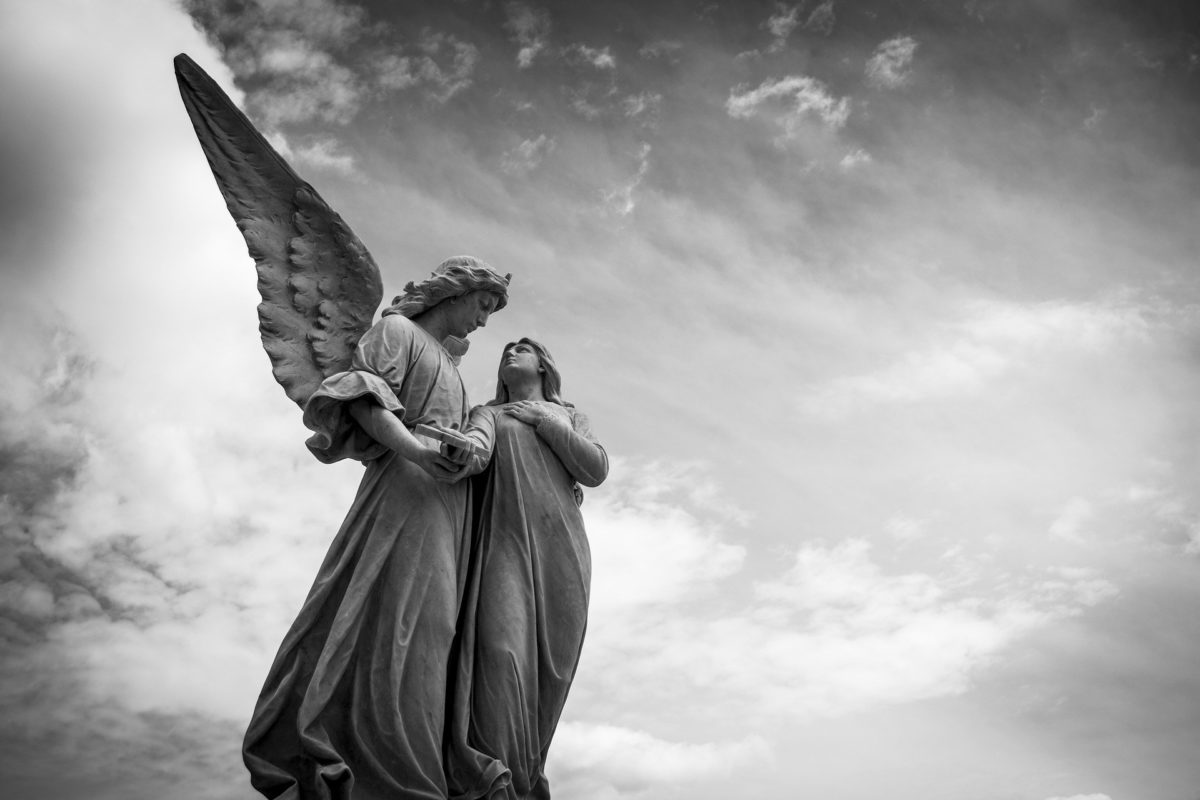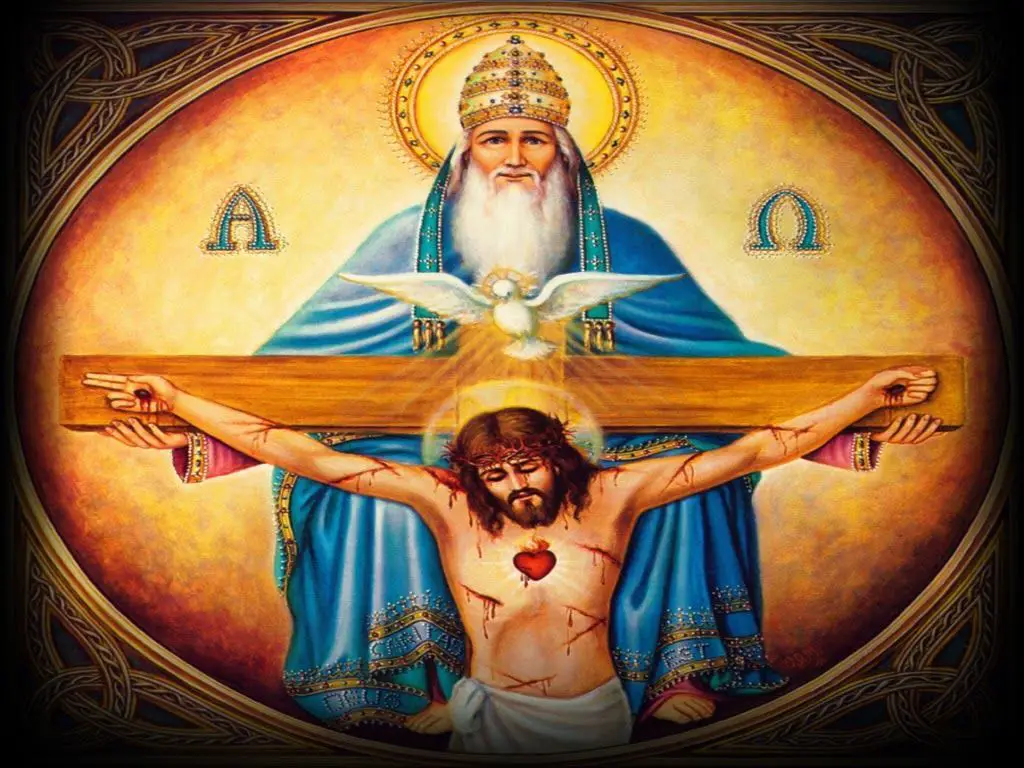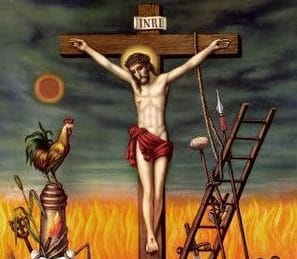Since it is known that there is no historical event that has not been preceded by others, and that it has not served as the beginning of others of greater or lesser hierarchy, we will learn to read the Bible chronologically.
The chronological order of events is the position of events on a timeline.
If you also want to know how to read the Bible in 6 months, go to this link.
Let’s study how to read the Bible chronologically
It is important to note that in order to read the Bible in this way, we need to know the chronological order of events.
This is because it is not the order in which the books of the Bible are arranged.
Therefore, you must first make a breakdown of all these events in order to be able to put them in order.
The breakdown of the Old Testament for chronological study would be as follows:
We would, of course, begin our study in Genesis, where we would read the story of the creation of man.
We would then move on to Job, although no exact date of his writing is known, it is assumed that he lived long before God called Abraham.
This is perhaps between chapters 1 and 12 of the book of Genesis, so we would continue with that book.
To continue with Exodus, Leviticus and Numbers would follow.
The next book would be Psalms with chapters 90 and 91.
Then we would move on to Deuteronomy, through Joshua, Ruth and the first book of Samuel.
We would continue our study in Psalms 23, 11, 59, 56, 142, 17, 34, 35, 52, 109, 140, 31, 64, 54, 22, 63, 12, 57, 58, 120 and 141.
Then we read 2 Samuel.
And we continue with Psalms 101, 139, 78, 96, 15, 24, 68, 132, 133, 106, 105, 16, 2, 110, 97, 98, 108, 117, 118, 60, 9, 20, 6, 32, 33, 38.
We will spend a lot of time reading the Psalms as they were written in different chronological time zones.
So we continue with Psalms 39, 21, 40, 41, 51, 51, 103, 104, 2, 55, 7, 3, 4 and 42.
We continue with chapters 43, 5, 8, 28, 61, 62, 69, 70, 71, 89, 143, 122, 26, 27, 141, 65, 29, 30, 131 and 18.
After several days of reading the Psalms, we turn to 1 Kings.
And we return to the following Psalms: 72, 145, 99, 100, 127, 128.
You can also learn how to read the Bible in order to interpret it by clicking on this link, it will help you a lot.
You continue your reading with the whole book of Proverbs, Ecclesiastes, Song of Solomon and the book of 2 Kings.
Then you continue with the books of the minor prophets Joel, Jonah, Amos and Hosea, all a beautiful teaching.
We continue again with some of the Psalms that correspond to this period, such as 44, 73, 92, 93, 46, 75 and 76.
We begin by reading the mighty book of the prophet Isaiah, where we find the most fabulous and already fulfilled prophecies about the Messiah.
We move on to the lesser prophets Micah, Nahum, Zephaniah and Habakkuk, all short and easy to read.
Learning to read the Bible chronologically will give you a general idea of how events unfolded.
It would be interesting for you to learn how to read the Bible to understand it, if you go to this link you will know everything.
Now we continue reading Psalms 74, 79, 94, 88, remember that Psalms is the longest book in the whole Bible.
It consists of 150 chapters and many verses, which is why they are interspersed throughout the reading.
This tells us about an indeterminate number of biblical writers, although David wrote several.
We continue with books such as Obadiah and Jeremiah and finish with Psalms 13, 14, 36, 37, 49, 53, 77, 89, 123, 25, 50, 67, 102 and 130.
We began by reading the book of Lamentations written by the prophet Jeremiah, the book of 1 Chronicles and again Psalms 82, 83, 47, 48, 115 and 80.
We then read several prophets such as Ezekiel, Daniel and Ezra.
The book of Daniel is a book I highly recommend you read, it will increase your faith and teach you how to act as a Christian.
We continue with more Psalms 85, 126, 137, 1, 121, 119, 107, 111, 112, 113, 114, 66, 84, 116 and 125.
And we return to the prophets, this time two minor ones, the prophet Haggai and the prophet Zechariah.
We are left with a few Psalms: 138, 81, 134, 135, 136, 146 and 87.
We continue with the books of Esther and Nehemiah.
We finish with Psalms 147-149, 150 and 19.
Finally, we read the prophet Malachi.
In this way we will complete the reading of the Old Testament in chronological order.
In this way we will learn how to read the Bible chronologically.
The breakdown of the New Testament for chronological study would be as follows:
The New Testament is much easier and quicker to read chronologically.
This is because it has fewer books and because they are not as long as many of the books of the Old Testament.
If we start reading the Gospels, the first one written was the Gospel of Matthew, so we will start there.
We continue with the Gospel of the Apostle Mark, then Luke and John.
And we continue with the Acts of the Apostles.
We will continue with the letters that the apostle Paul wrote to James, to the church in Galatia, and the letters of 1 and 2 Thessalonians.
Next in order are 1 and 2 Corinthians, Romans, Ephesians, Philippians, Colossians and Hebrews.
Then come Philemon, 1 and 2 Peter, 1 Timothy, Titus and 2 Timothy.
We continue with the 3 letters of John and Jude.
We finish our chronological journey with the last book of the Bible, the book of Revelation.
So we end up with this method of reading progressively in the order in which things happened.
A simple and easy way to get to know a little more of God’s words.
But if you are not yet in the habit of reading the Bible, go to the link on how to read the Bible daily and you will learn how to adopt it.
Many people like this way of reading the Scriptures because it puts the events in order in their minds.
And they get a fuller picture of the story without skipping important events along the way.
Others do not like this way of reading the Bible chronologically and look for other options.
There’s something for everyone, which is why I’ve provided links to each of them throughout this tour.
You choose what suits you best, according to the time you have available.
Whether it’s a month, 6 months or a year.
The important thing is that whichever way you choose, it is important to understand that we need to read the Bible every day.
So that we can stay strong spiritually.
That’s why I encourage you to start your Bible study now.
